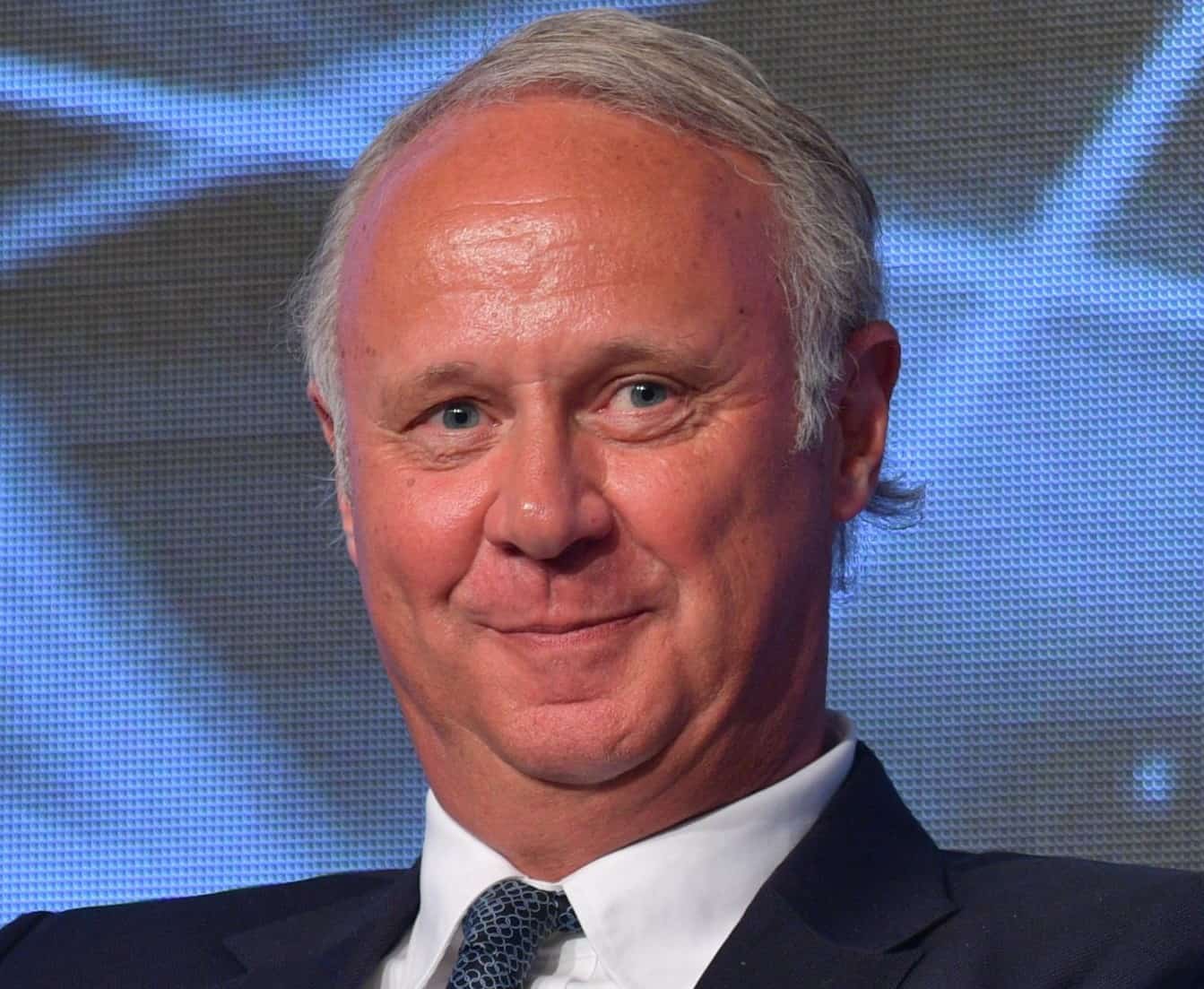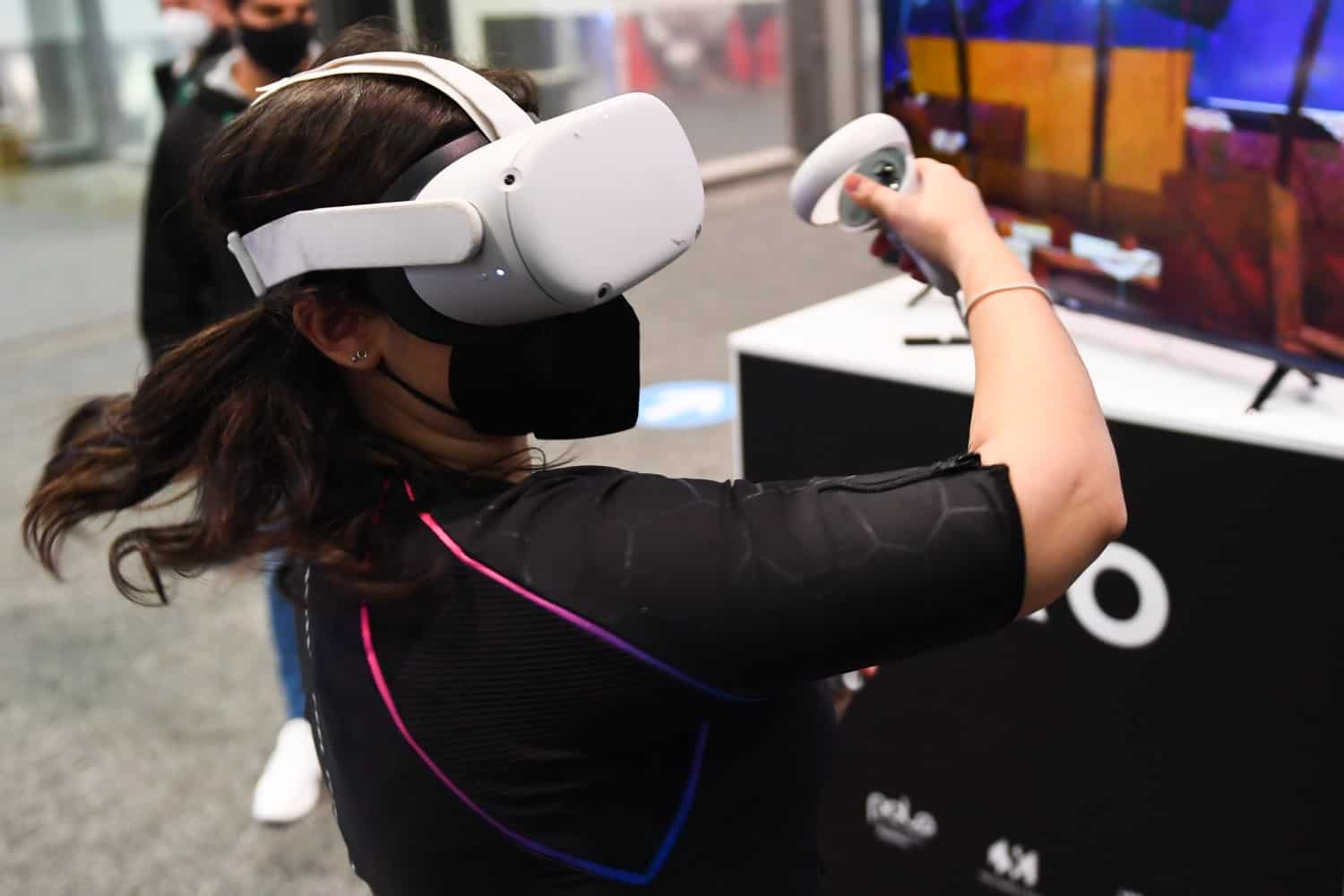Is Metaverse a fad or a revolution? It is a revolution, but one that has been in the making for the past several decades, according to an expert.

Metaverse is not something that came into existence with the naming of Facebook as Meta. As a multidimensional world extending the physical realities of our current 4D world, it is rather a product of the different waves of digitization and internet development that started in the 90s, said Philippe Blanchard, an expert in technology and the founder of Futurous.
He said the renaming of Facebook as Meta has proved advantageous because only technology experts and consultants were familiar with the concept earlier.
“Now, it is on everyone’s tongue. This understanding is critical because it is at the heart of our humanity right now and is far more than a fourth industrial revolution,” he added.
Already, Blanchard said, Metaverse affects how we communicate, do business (e-commerce), learn (MOOCS), stay healthy (smart wearables and telemedicine), and, for some of us, love.
“The Metaverse shakes our economies and our sociology how we interact with technology. Even our political systems are impacted: we have seen the massive power of Facebook in the US elections. We had seen its power also more recently, when Elon Musk took over the ownership of Twitter, one of the main spaces within the Metaverse,” he said.
“Therefore, the Metaverse is not a fad. It is a new stage of our evolution. And it is here to stay,” he added.
Can’t ignore it
As all human activities are now linked to data, businesses have no choice but to understand the Metaverse, said Blanchard. Metaverse provides a digital clone of our real world: our lives, health, activities and our cities are digitized.
Metaverse will create new opportunities for new services and, in fact, new activities altogether, although it might come with new risks and threats to privacy and security.
It is likely to create opportunities for physically-based companies such as hospitality, event services, agriculture, and food processing.
“There are also numerous educational opportunities, sports, and entertainment opportunities.” This is why I launched Futurous: I saw a rising industry in sport, esport, and technology, and we developed a set of events and disciplines that are native to the metaverse: esports, augmented and virtual realities, new sports,” he concluded.
Tread cautiously
The implications of an immersive, persistent and decentralized digital world could be enormous for businesses.
Yet there’s a reason for wariness, too. The Metaverse is suddenly a hot topic, even though the underlying technology trends have been underway for years.
As in the Internet’s early days, this innovation likely contains pockets of speculation, overvaluation and unwise investment, especially since a true Metaverse, as tech visionaries imagine it, is still years away. Not every company needs to become a Metaverse leader today.
Blanchard emphasized the significance of the countries that aspire to take a lead in this direction. Such countries, he said, are places where doing business is a straightforward activity, are within the reach of markets, and have adequate resources and necessary gateways to the Metaverse in the form of infrastructure, legislation and reputation. For example, the UAE is one of the countries that come close to this ideal.
Be agile
Blanchard said agility is essential because time is of the essence in the context of Metaverse.
“As decision-makers, we don’t have much time to perform extensive research before walking into the metaverse. Contexts are rapidly changing, and it is critical to creating a learning and agile organization,” he said.








